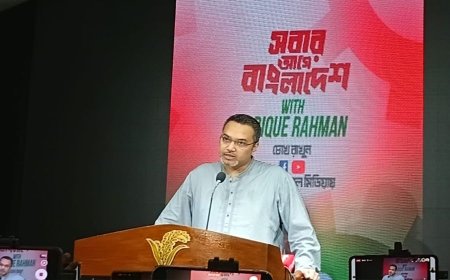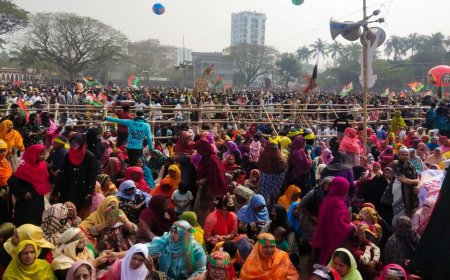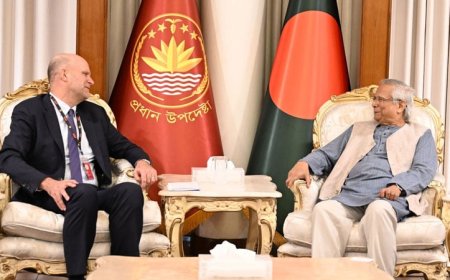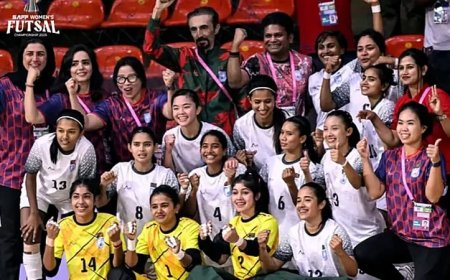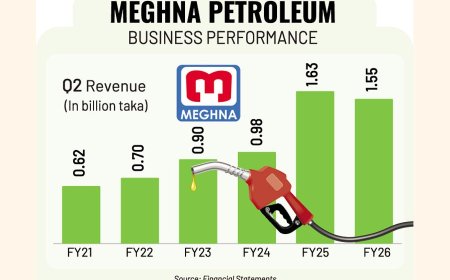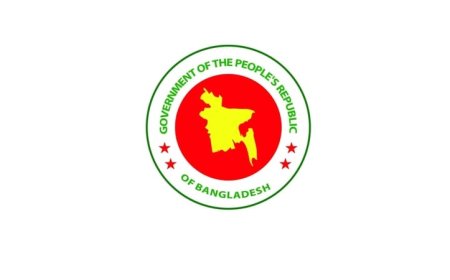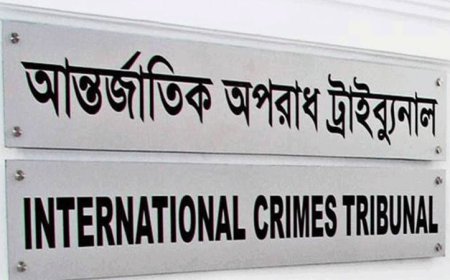UN rights chief expresses concern over Bangladesh law restricting political party activities
He says the law imposes unjustified restrictions on the freedoms of association, expression, and assembly.

UN Rights Chief Raises Alarm Over Bangladesh Law Curtailing Political Freedoms
UN High Commissioner for Human Rights Volker Türk has voiced serious concern over recent legal amendments in Bangladesh that empower authorities to ban political parties, affiliated organisations, and all related activities.
“These legislative changes impose undue restrictions on the freedoms of association, expression, and peaceful assembly,” Türk said during his address to the 59th session of the Human Rights Council in Geneva on Monday.
While he welcomed ongoing dialogue between Bangladesh’s interim government and political parties, describing it as a positive step forward, Türk urged the authorities to pursue meaningful reforms to create the conditions for free and inclusive elections.
Despite progress, he warned of the negative implications of the recent amendments to the Anti-Terrorism Act. The revised law, enacted through the Anti-Terrorism (Amendment) Ordinance, 2025, authorises the government to ban not only entities but all their activities—a provision absent in the original 2009 legislation.
Following the ouster of the Awami League-led government on August 5, the interim administration invoked the amended law to suspend all activities of the Awami League, including online operations, until the International Crimes Tribunal (ICT) concludes trials against the party and its leadership.
In October last year, the government also outlawed the Awami League’s student wing, Bangladesh Chhatra League, after designating it a terrorist organisation. Other affiliated bodies impacted by the move include the Bangladesh Mahila League, Jubo League, Swechasebak League, Awami Ainjibee Parishad, Tanti League, and Swadhinata Chikitshak Parishad.
Turning to global issues, Türk addressed the broader impact of escalating trade wars, particularly those sparked by steep tariffs introduced during the Trump administration. He warned that such economic shifts are deepening hardship for the world’s poorest communities, undermining their rights to food, healthcare, and basic living standards.
“The 2030 Sustainable Development Agenda is slipping further out of reach,” he said, noting that over half of all low-income countries are either already in or at high risk of debt distress. Many also face acute climate vulnerabilities, even as international development finance declines due to rising defence spending and shifting geopolitical priorities.
Türk cautioned that high tariffs could have devastating effects on export-reliant countries such as Bangladesh, Cambodia, Sri Lanka, and Vietnam, potentially making essentials like healthcare, education, and nutrition inaccessible for millions.
He also noted the disproportionate toll on women, particularly those employed in low-wage manufacturing jobs, and emphasised the lack of safety nets in Least Developed Countries, leaving vulnerable populations exposed.
“I am deeply disturbed by approaches that treat the world’s poorest people as collateral damage,” he said. “Global stability demands a fundamental shift toward human rights and sustainable, inclusive development—not trade wars or arms races.”
What's Your Reaction?







